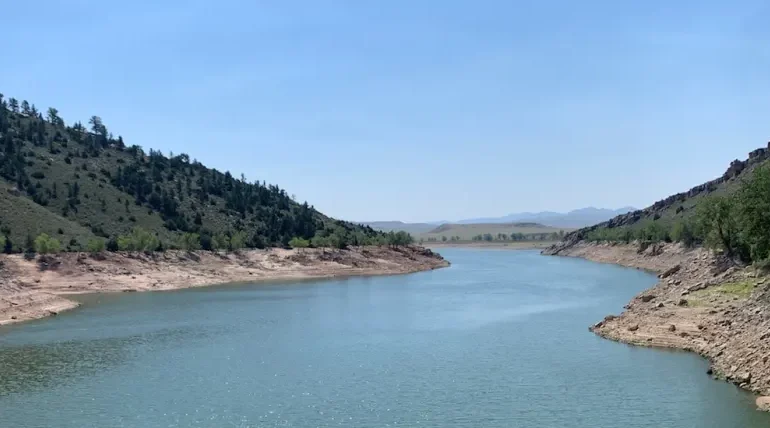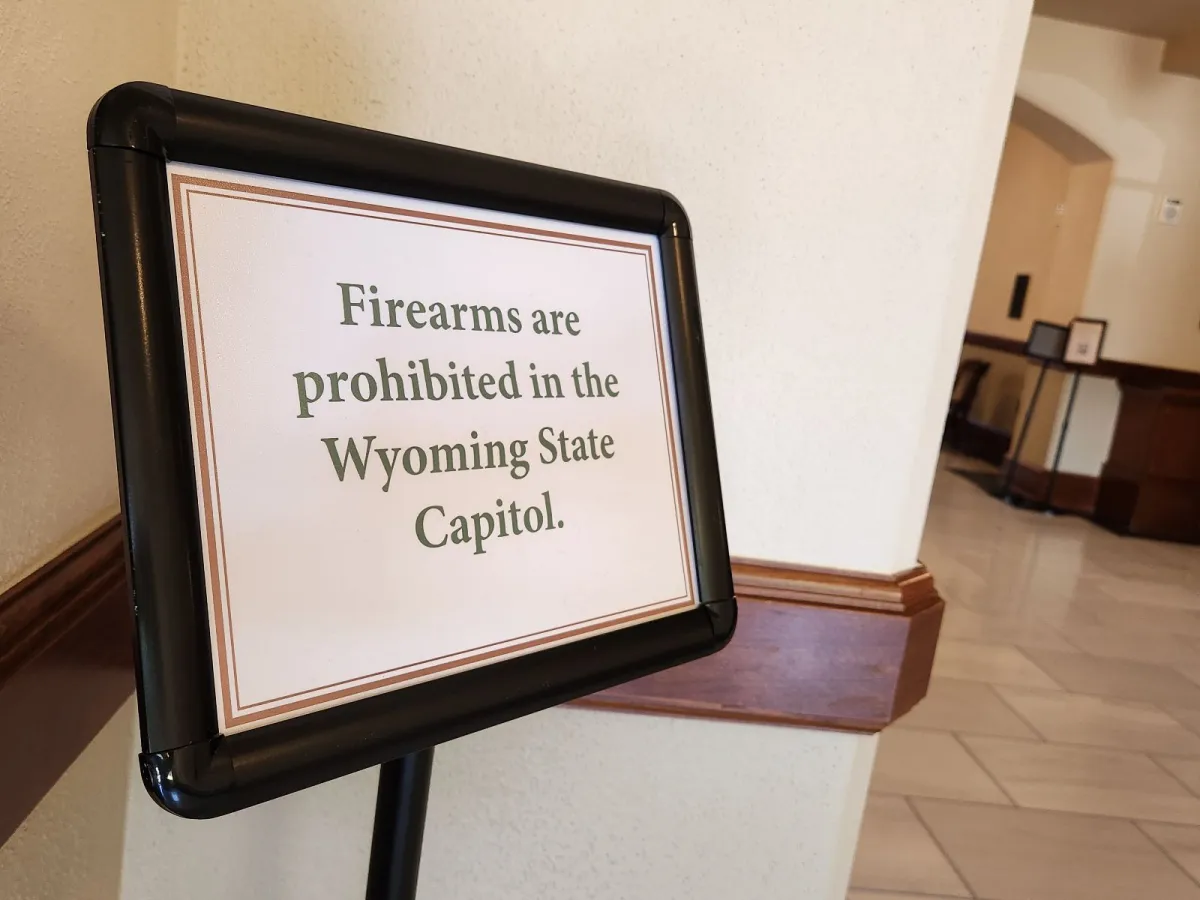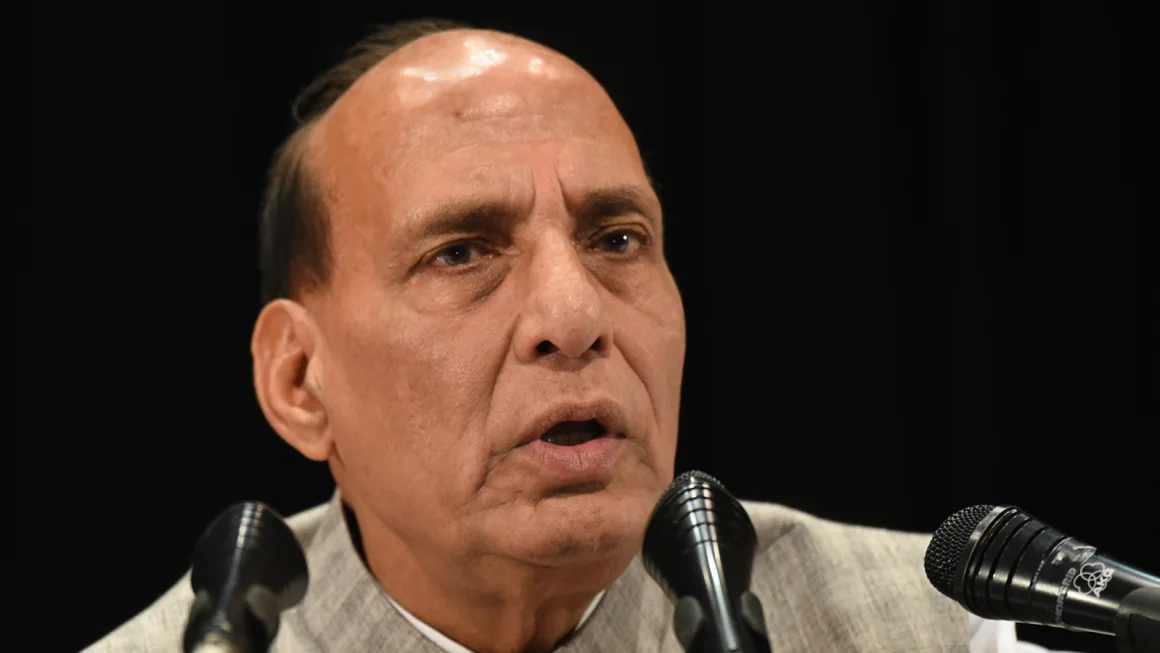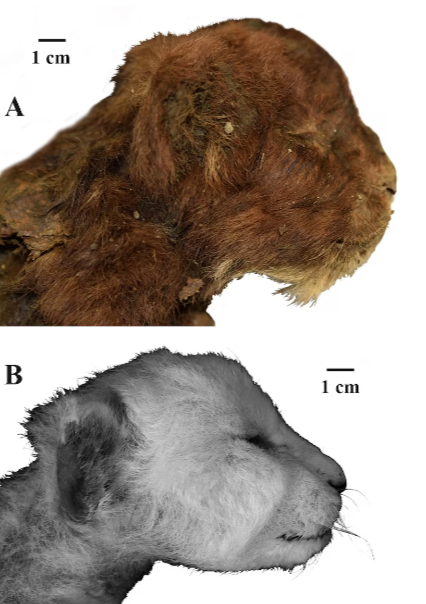Wyoming Lawmakers to Address Aging Water Infrastructure, LaPrele Dam Demolition

Wyoming’s aging water infrastructure is under scrutiny as the Select Water Committee meets this week to address funding for vital projects and improve oversight on dam demolition decisions, Oil City News reports.
The spotlight is on the 115-year-old LaPrele Dam, which faces an immediate demolition order due to the risk of catastrophic failure.
The LaPrele Dam in Converse County, drained earlier this fall, is slated for demolition by April 2025 to prevent potential disaster. Cracks discovered near its outlet raised alarms, prompting State Engineer Brandon Gebhart to issue the breach order. Ambursen-style dams like LaPrele, known to collapse under water pressure rather than fail gradually, pose significant risks if not addressed.
“A full-capacity failure would send water over [Interstate 25] and flood Ayres Natural Bridge with 30 feet of water,” said Converse County Commission Chairman Jim Willox.
The state has already allocated $30 million for the project and secured $32 million through the federal Infrastructure Investment and Jobs Act. Officials are pursuing an additional $68 million in federal funding to cover the estimated $118 million replacement cost.
The LaPrele Dam is one of many aging pieces of infrastructure in Wyoming’s irrigation network, Willox noted. The committee will discuss how to secure hundreds of millions of dollars needed for statewide water development projects.
In addition, lawmakers are considering draft legislation aimed at improving public and stakeholder involvement in dam breach orders. The proposed bill, titled Breach Orders Due Process, would require public meetings, advanced notice, and approval from water rights holders or landowners before emergency breach orders can be issued.
However, the legislation would not retroactively affect the LaPrele breach order.
For the approximately 100 irrigators dependent on LaPrele Creek, the dam’s demolition represents a significant disruption. Without the dam, they will have to rely solely on natural runoff until a new structure is completed, tentatively set for 2029.
“The original plan allowed for some minimal water storage for late-season delivery… Now, irrigators must find ways to allocate any water Mother Nature provides,” said Willox.
The Select Water Committee will meet Wednesday and Thursday at Casper College, with live-streaming available. Discussions will encompass funding strategies, the LaPrele project, and the state’s broader challenge of managing aging irrigation infrastructure.








